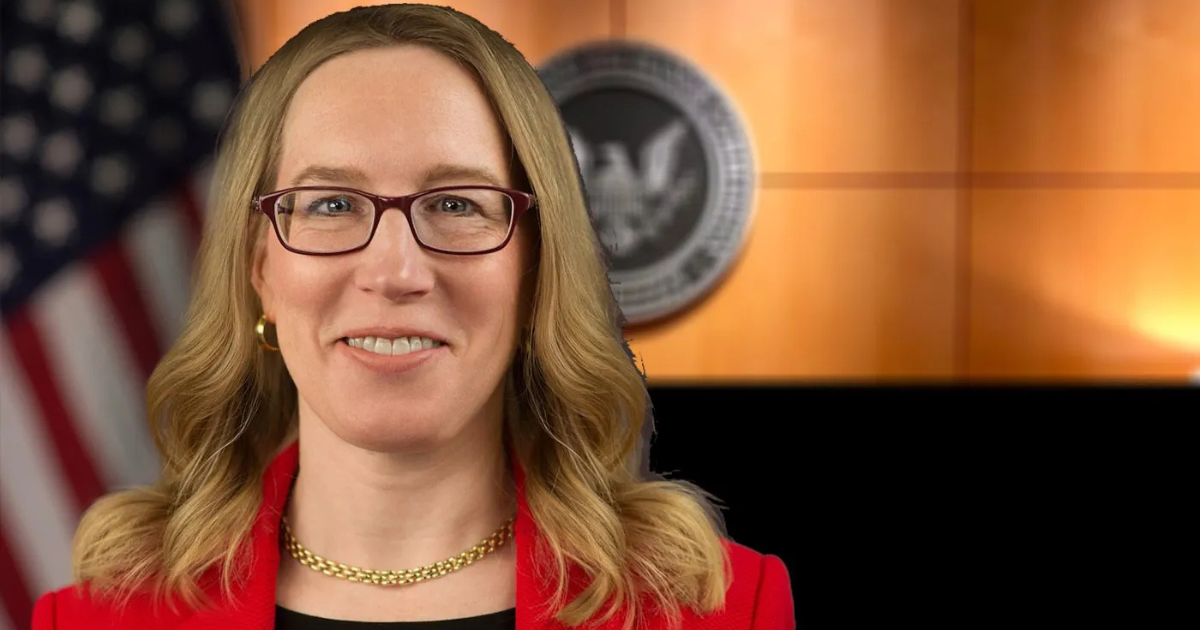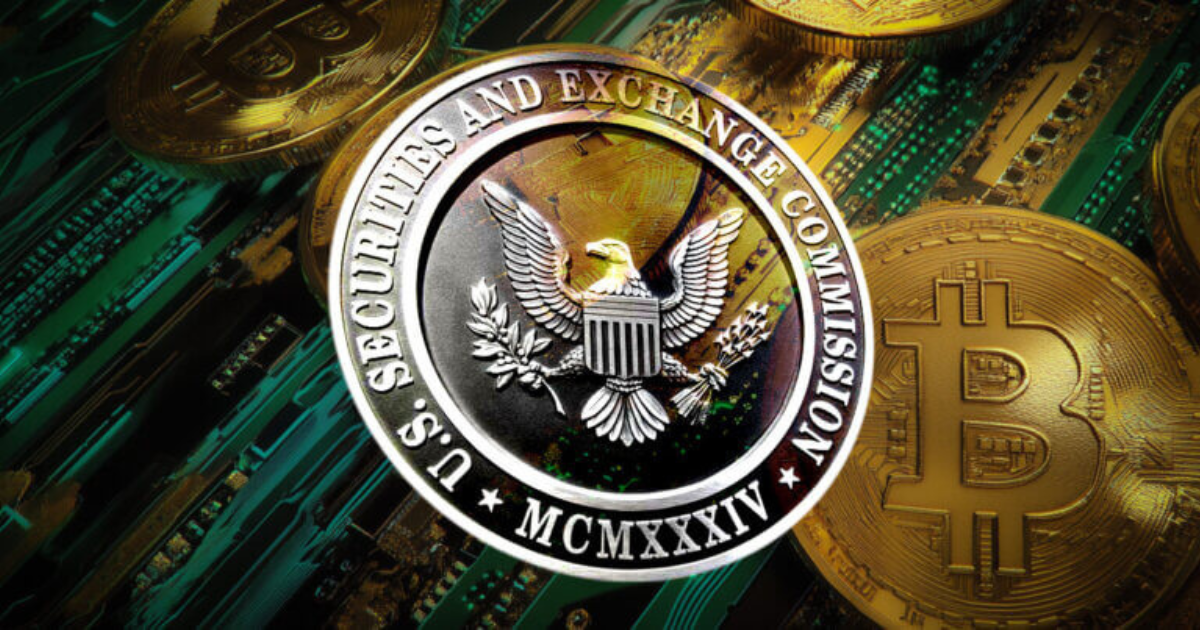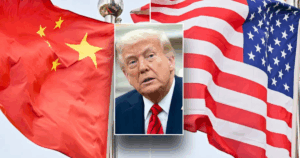Securities and Exchange Commission (SEC) director of the division of corporation finance, William Hinman, has changed the role the agency has taken on regarding cryptocurrency regulation. In January 2025, the SEC crypto task force and its acting chairman, Mark Uyeda, set up his own task force. The provisions of this new initiative are to develop a regulated framework for crypto assets. The existence of the task force is a way in which clarity has emerged from what has been a previously murky regulatory environment.
Key-Takeaways:
- To create a set of clear regulatory practices, the SEC created a Crypto Task Force headed by Commissioner Hester Peirce.
- The Crypto Asset and Cyber Unit was replaced with a new initiative that will offer realistic paths for registration for crypto businesses.
- Given his experience with the Digital Chamber’s Token Alliance, Paul Atkins became SEC Chairman, and the task force was formed.
- It seems that the SEC’s regulatory approach now is moving toward more clarity and more strategic enforcement over a blanket approach.
Mission and Objectives
 This initiative was led by Commissioner Hester Peirce. Her leadership on the matter signals the SEC’s commitment to this with expertise and a fair look at the issue. Understanding the need to establish clear regulatory guidelines that the industry participants can confidently follow, the task force is responsible for outlining clear guidelines and procedures.
This initiative was led by Commissioner Hester Peirce. Her leadership on the matter signals the SEC’s commitment to this with expertise and a fair look at the issue. Understanding the need to establish clear regulatory guidelines that the industry participants can confidently follow, the task force is responsible for outlining clear guidelines and procedures.
There are several key differences between the crypto task force and the SEC’s previous approaches. Second, the group puts drawing clear regulatory lines as a primary goal. They also intend to give viable trials for crypto businesses for registration.
They also focus on creating suitable disclosure frameworks for this cryptoland. The task force wants to deploy its enforcement resources more strategically than before. It is also balanced in that it provides clear guidance and at the same time enforces necessary actions.
Task Force Formation
 When the SEC’s previous Crypto Asset and Cyber Unit disbanded, the formation of the Crypto Task Force occurred. It is also an act of organizational change indicating the Commission’s new course toward digital assets. Now, the task force acts as the Commissioners’ main adviser on matters concerning cryptocurrency.
When the SEC’s previous Crypto Asset and Cyber Unit disbanded, the formation of the Crypto Task Force occurred. It is also an act of organizational change indicating the Commission’s new course toward digital assets. Now, the task force acts as the Commissioners’ main adviser on matters concerning cryptocurrency.
In early March 2025, Commissioner Peirce announced the members of the Crypto Task Force staff. The combined expertise of these folks comes from diverse views when it comes to crypto regulation. Such a collaboration should help to generate more practical regulatory solutions.
Crypto task force emerges in the times of massive administrative changes at the SEC. Mark Uyeda serves as acting chair of the SEC till the end of his temporary position on April 9, 2025, when he is being replaced by Paul Atkins. Having relevant experience in cryptocurrency oversight, Atkins brings.
In his background, he also serves as the co-chairman of the Token Alliance within the Digital Chamber. He headed the industry efforts to develop best practices for digital assets in this role. The task force can make an attempt to regulate in light of this experience.
Broader Regulatory Environment
 The task force works with regard to a regulatory environment that has itself been changing due to the new administration. In January 2025, all pending regulations at federal agencies had been frozen by the issuance of an executive order. That means that whatever new sector cryptocurrency becomes, it will feel the pain of this pause.
The task force works with regard to a regulatory environment that has itself been changing due to the new administration. In January 2025, all pending regulations at federal agencies had been frozen by the issuance of an executive order. That means that whatever new sector cryptocurrency becomes, it will feel the pain of this pause.
This February’s additional presidential executive order makes the SEC and other independent regulatory agencies more answerable to the president. This may affect the way in which the crypto task force puts its initiatives into action. Therefore, orders from the White House have to be more aligned with agency heads’ policies.
It seems that the SEC crypto task force approach is changing dramatically. Another important step had been taken in February 2025 with the creation of the Cyber and Emerging Technologies Unit (CETU). The Crypto Asset and Cyber Unit was replaced by this unit, which led to more than 100 enforcement actions.
CETU includes broader fraud when blockchain technology and crypto assets are involved. But its birth in parallel with the Crypto Task Force hints at an approach that has a shade of gray. As both seem to represent more of a positive approach to legitimate crypto products, it appears that these initiatives are turning a corner.
Conclusion: SEC Crypto Task Force
These regulatory shifts at the SEC crypto task force could be a benefit to the crypto industry. Better guidelines would allow businesses to run more securely. In addition, the disclosure requirement and better ways to enforce against actual fraud may benefit investors. A balanced approach of keeping the market operating while preserving market integrity and allowing for innovation would be the best way to go.











